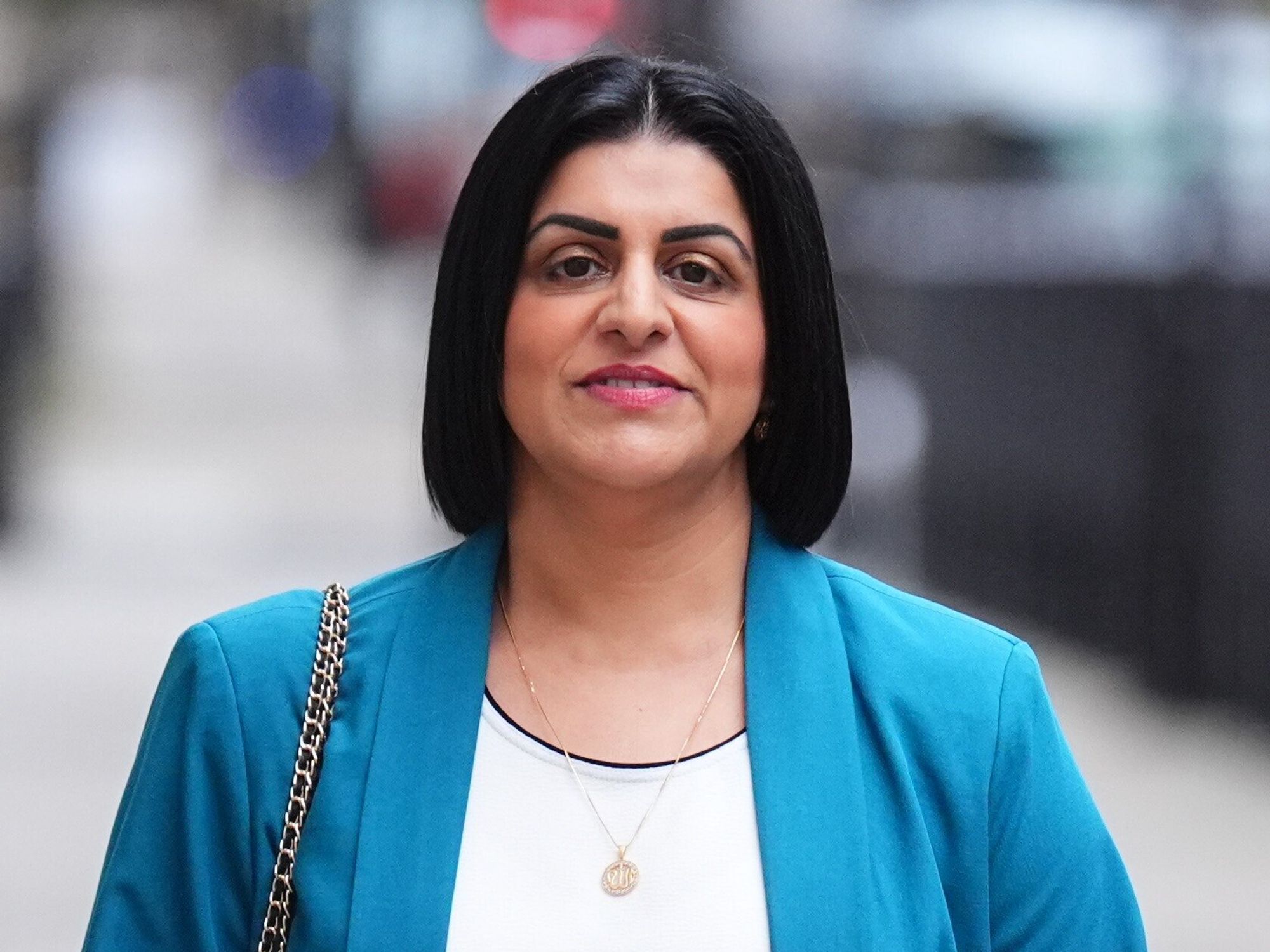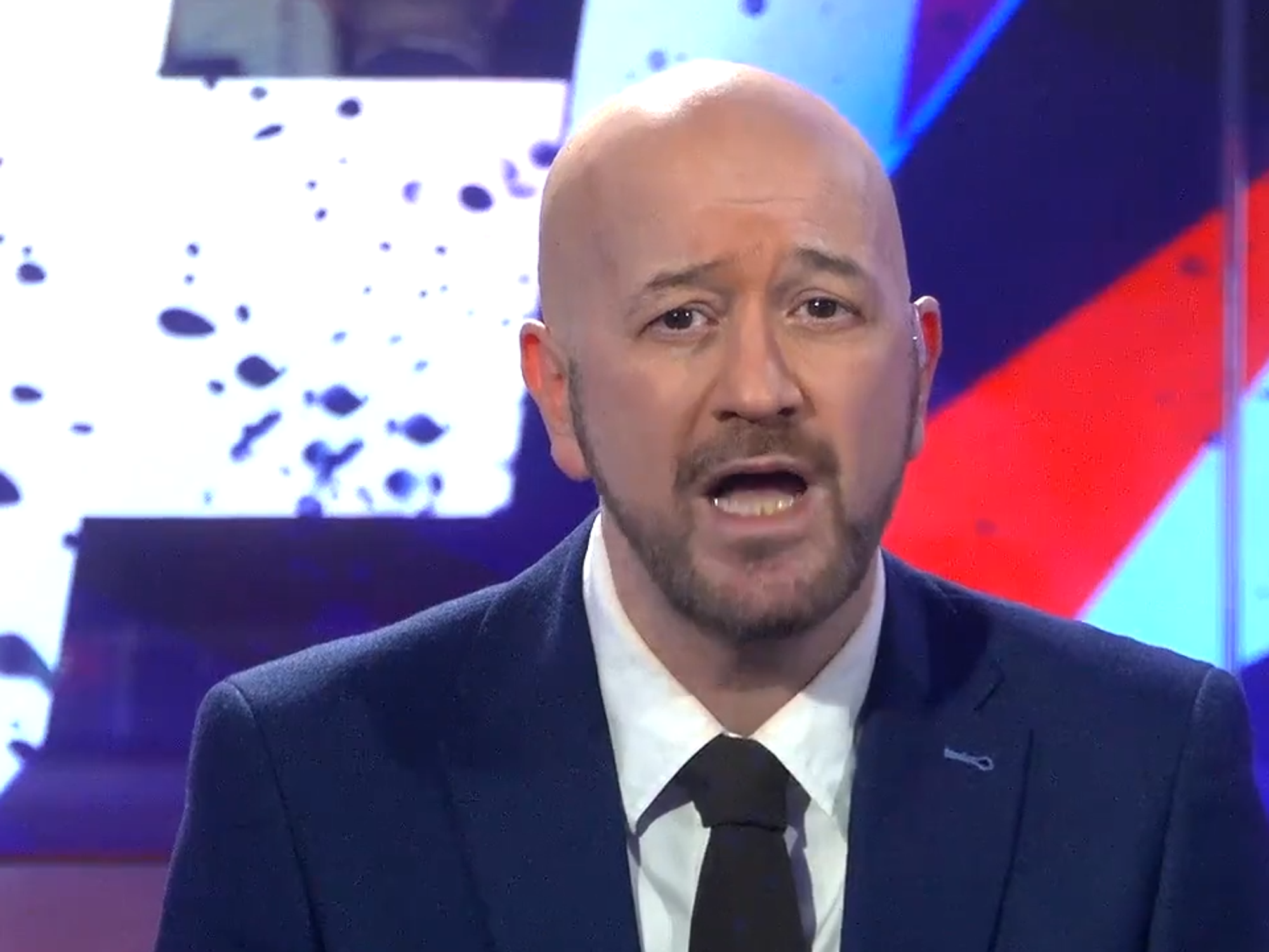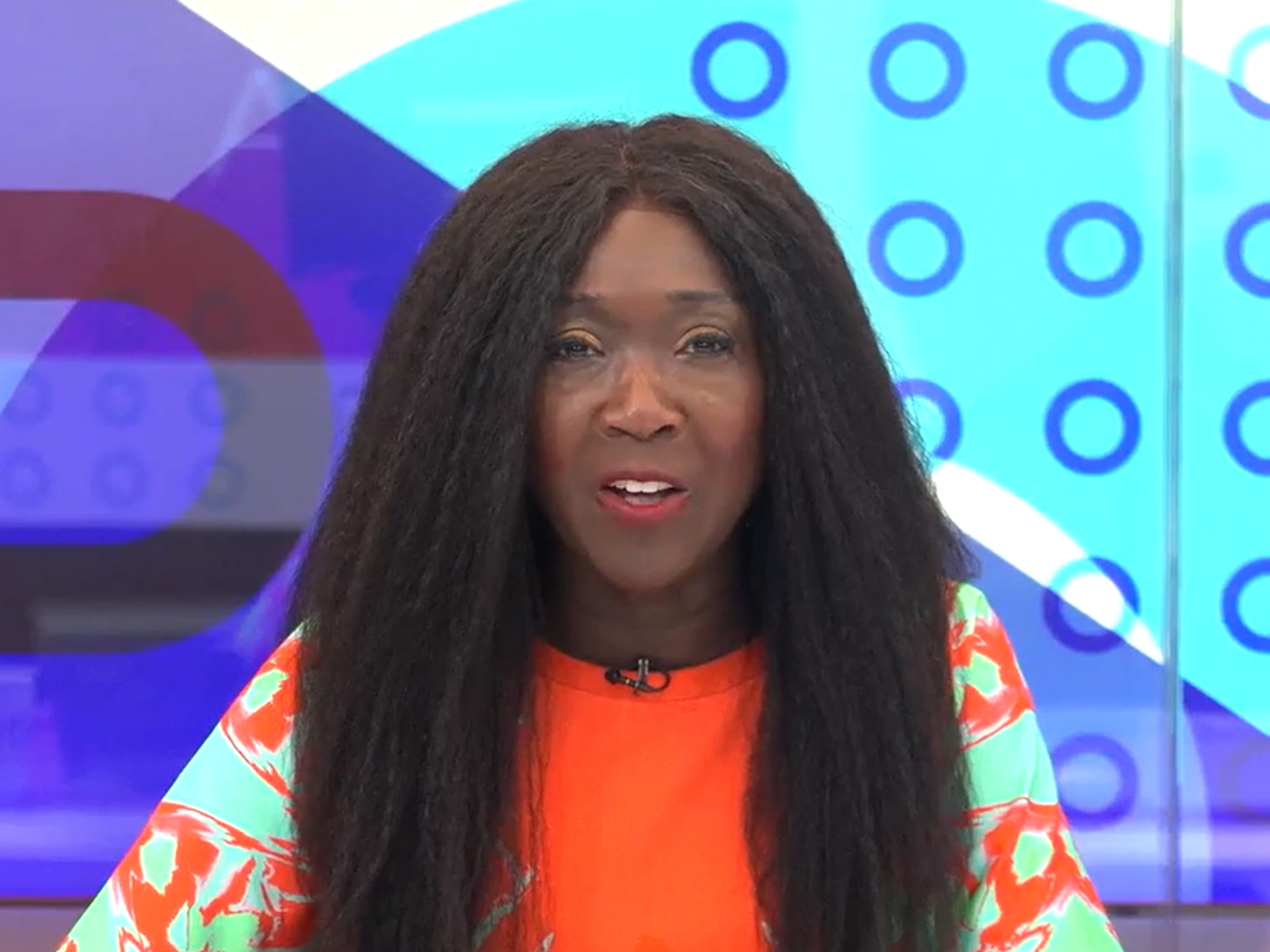House prices show ‘resilience' despite mortgage crisis but drop 'just a matter of time’
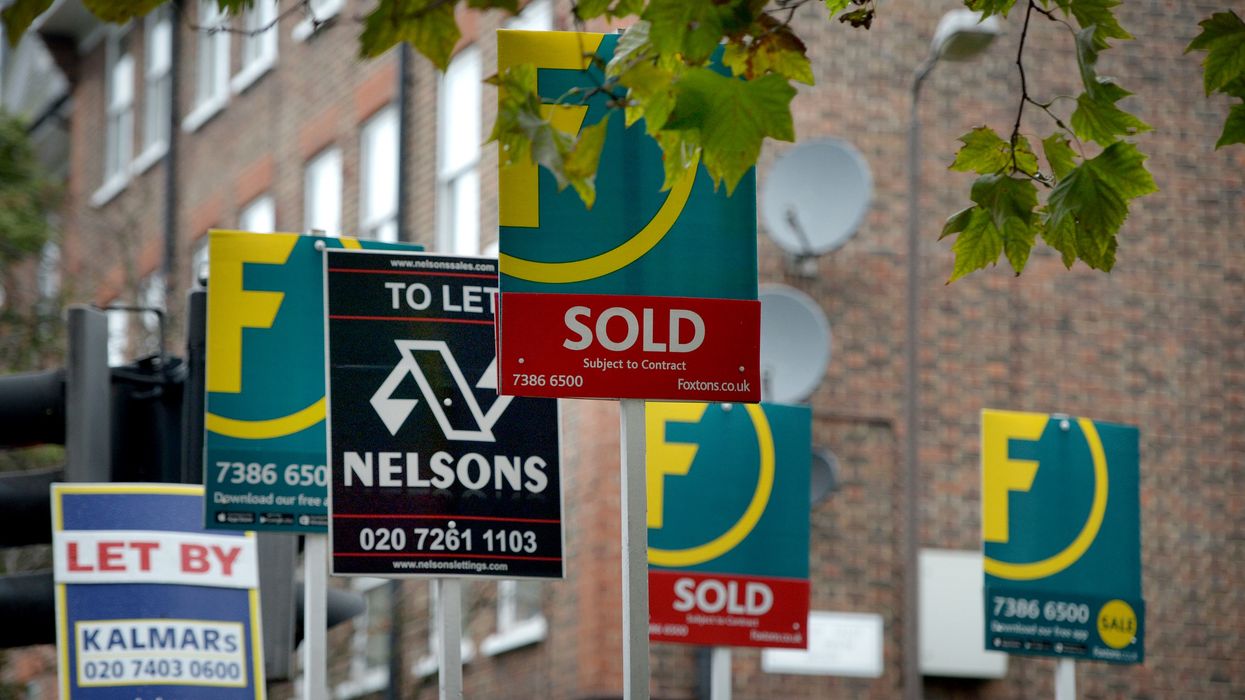
Estate agents signs outside flats on the Old Kent Road in London
|PA

The average house price in the UK stood at £262,239 in May
Don't Miss
Most Read
House prices showed “resilience” in May despite the ongoing mortgage crisis, experts have claimed.
The rather stable price increase is not expected to last for long, with a substantial drop looming.
Month-on-month prices rose by 0.1 per cent after slipping by the same margin in May, mortgage lender Nationwide has revealed.
Nationwide’s Robert Gardner claimed average house prices increased by £1,503.
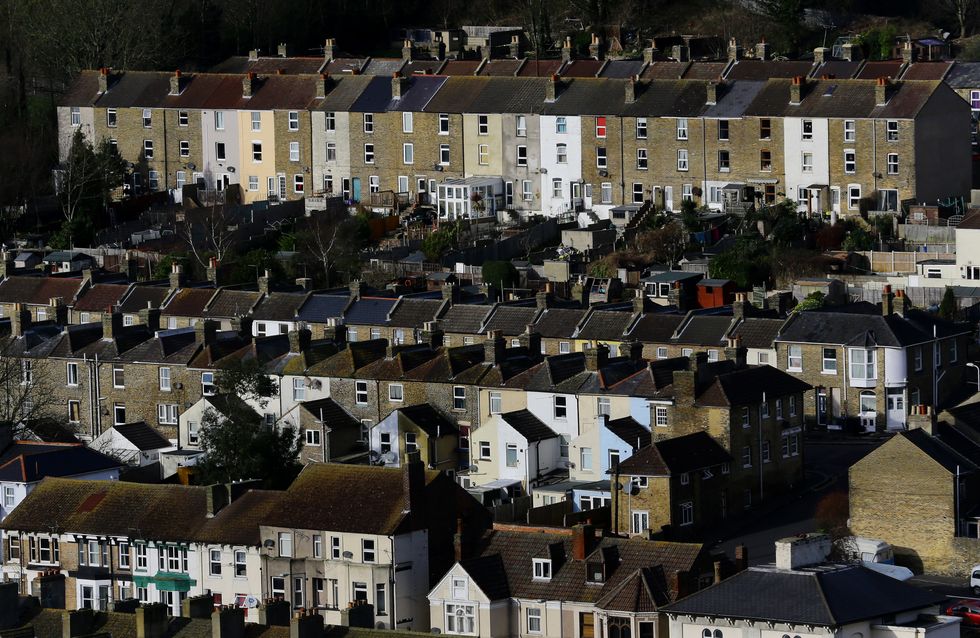 Row of houses | PA
Row of houses | PAEY Item Club chief economic adviser Martin Beck claimed: “Prices continue to display a surprising degree of resilience.”
However, the annual 3.5 per cent fall in May was the biggest since 2009.
It was also marginally higher than the 3.4 per cent drop experienced in the previous month.
Despite some respite for struggling homeowners, experts have suggested price drops remain more than likely.
 Money stashed into a toy house | PA
Money stashed into a toy house | PAOxford Economics staff have forecast a 13 per cent house price decline over the next few years.
However, the group fell short of predicting an outright crash and instead labelled it a “slow puncture”.
Andrew Wishart, senior property economist at Capital Economics, said: “It was a little surprising that house prices have not yet fallen in response to the latest spike in mortgage rates, but we think it is just a matter of time before we see the further eight per cent drop we forecast on top of the four per cent drop so far.”
The prediction comes after Chancellor Jeremy Hunt was forced to intervene amid growing problems for mortgage holders.
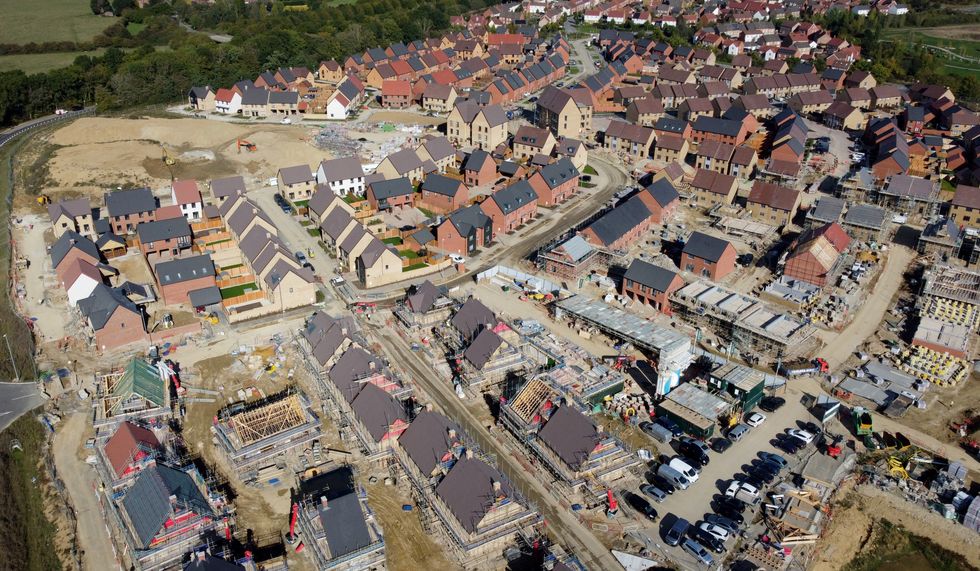 Aerial view of a housing estate in England | PA
Aerial view of a housing estate in England | PAMortgage rates on fixed home loan deals have risen to as high as six per cent after the Bank of England increased its base rate for a thirteenth consecutive time in a bid to curb persistently-high inflation.
During a meeting with high street bank lenders in Downing Street, the Chancellor of the Exchequer agreed to implement a 12-month minimum before repossessing homes.
He also ensured struggling borrowers will be allowed to extend the term of their mortgages or move to an interest-only plan temporarily “no questions asked, no impact on your credit score”.
However, banking trade body UK Finance announced mortgage repossessions had hit their highest level since the pandemic in an update released earlier this month.
The situation facing millions of Britons has led some experts to even suggest selling up before things get worse.







